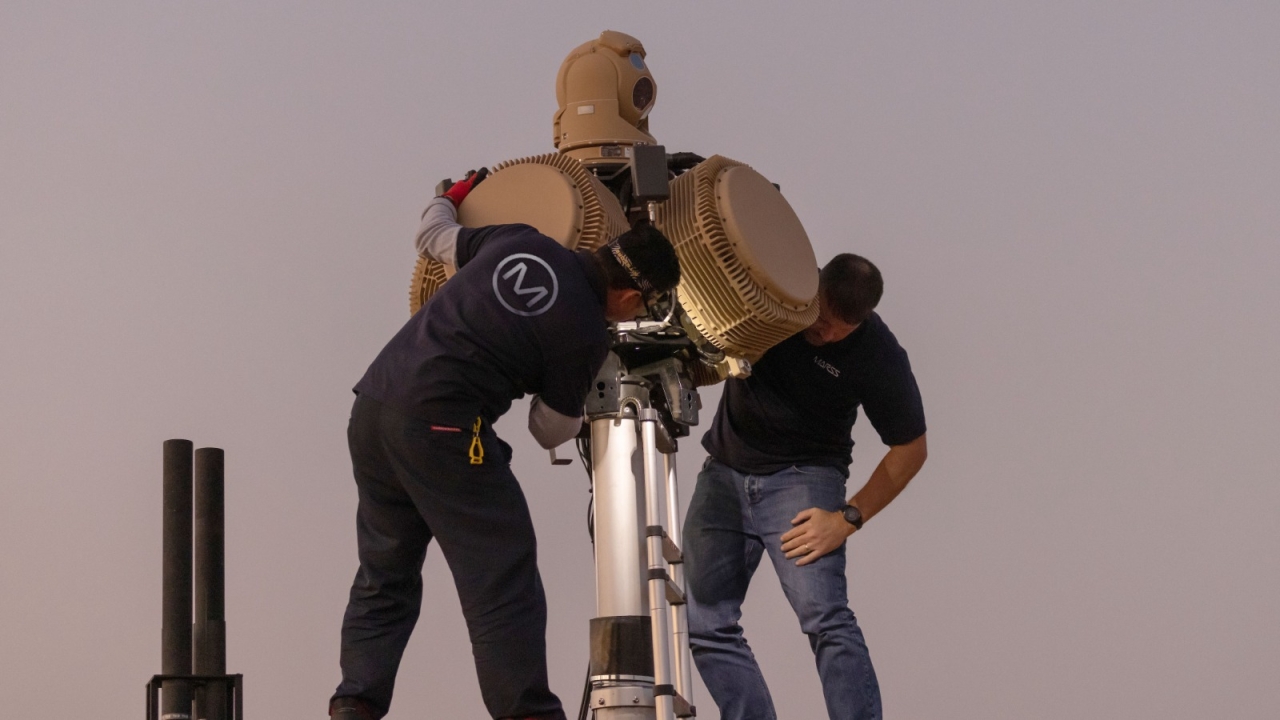Trump pressured to export Reaper to the Middle East
A group of 20 Republican and two Democrat members of the US House of Representatives, led by Congressman Duncan Hunter, have written to President Donald Trump asking him to approve export sales of the General Atomics MQ-9 Reaper armed unmanned combat air system (UCAS) to Jordan and the United Arab Emirates. Jon Lake reports.

With their long land borders, much of which lie in remote and featureless desert terrain, both Jordan and the UAE’s border surveillance tasks conform with the ‘dirty, dull, difficult and dangerous’ roles that many believe represent the UAV’s particular ‘niche’.
Originally known as the Predator-B, the MQ-9 Reaper is an armed high-altitude long endurance remotely piloted UCAS used by the US Air Force, UK Royal Air Force and Italian Air Force for intelligence, surveillance, and reconnaissance and light attack/close air support duties – giving a persistent over-watch capability unmatched by manned fast jet platforms.
Reapers have also been used for controversial targeted strikes against individuals – sometimes across borders.
The Reaper has a range of more than 1,000nm and an endurance of up to 14 hours. It can carry an external payload of 3,000kg, including up to four AGM-114 Hellfire II air-to-ground missiles, or the GBU-12 Paveway II laser-guided bomb, or the GBU-38 joint direct attack munition (JDAM).
Congressman Hunter’s San Diego congressional district includes the headquarters of MQ-9 manufacturer General Atomics.
These proposed Reaper sales had previously been blocked by the Obama administration under the terms of the missile technology control regime (MTCR), a voluntary agreement between 35 nations aimed at preventing the proliferation of cruise missile and armed UCAS technology. The Obama administration limited armed unmanned system sales to only its closest allies, principally the UK and Italy, producing unarmed versions for other customers.
Though a UAE request for the maritime Guardian variant was apparently turned down, the Emiratis were allowed to order the Predator XP, an export variant of the Predator that was specifically designed to be unable to carry weapons.
A request was made by the UAE in February 2013, and the deal was finally approved by congress in 2015. The UAE thereby became the first non-NATO country to fly the Predator XP in 2016, when the first system (comprising four aircraft) was delivered. The total size of the order is unknown, but is likely to have consisted of two or three systems with 10-12 air vehicles.
US MQ-9s have operated from a number of bases in the region, including Muwaffaq Air Base in Jordan, where Reapers were first seen in satellite imagery during 2015.
The US’s unwillingness to export what the press delight in calling ‘killer drones’ has left a gap in the market that China has been quick to exploit, and both Jordan and the UAE have bought unarmed UAVs from China. Both are also reportedly looking at armed Chinese UAVs, while the UAE has developed, but not yet deployed, an armed UAV in the shape of the Adcom Yabhon United 40.
The Trump administration has taken a different approach to defence exports, prioritising sales that will protect American jobs and industry, and that will allow American allies to take a greater share in the burden of their own defence, while imposing fewer restrictions on human rights grounds.
Thus, the US will now remove the human rights conditions that the Obama administration had attached to the sale of F-16s to Bahrain, or on military sales to Nigeria.
The UAE and Jordan are recognised as being key allies in the fight against Daesh and other extremist groups, and the US hopes that these stable, pro-Western nations will also help to counter growing Iranian influence in the Gulf region. Selling armed MQ-9 Reapers promises to directly help these US allies in protecting their borders, in prosecuting attacks against fleeting insurgent targets, and in monitoring military and insurgent activity in the region, while simultaneously reducing the burden on US forces and assets.
The supply of MQ-9s will also enhance interoperability between the US and its regional allies, and will help those allies to contribute to a common operating picture in the region.
Stay up to date
Subscribe to the free Times Aerospace newsletter and receive the latest content every week. We'll never share your email address.

